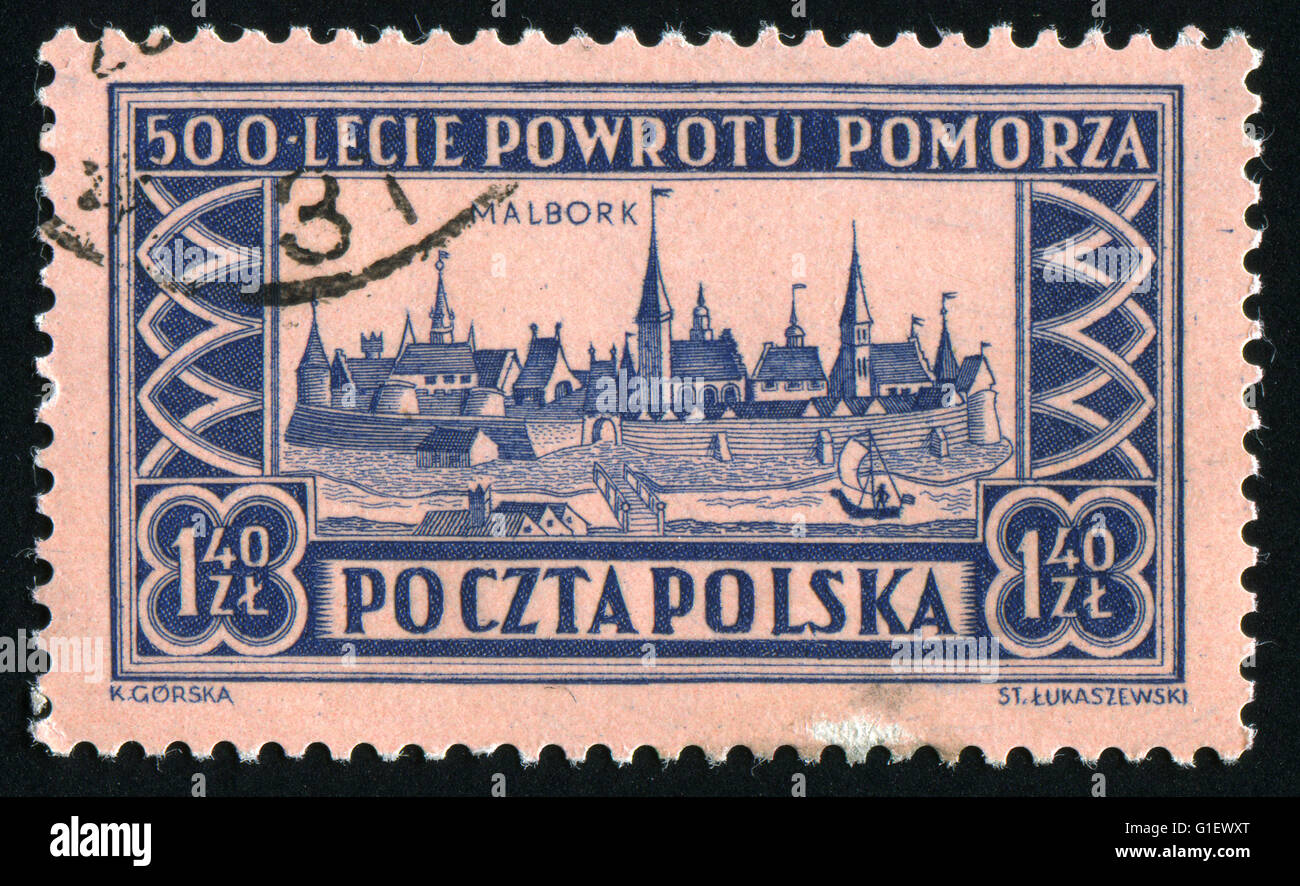

The California State Federation of Teachers said in 1950:

The Levering Act required all employees of the state of California to take the new anti-radical loyalty oath. Levering, the Republican legislator who drafted it and managed its passage in the course of 1949-50, was designed to change that by classifying public employees as civil defense workers and using that as a rationale for requiring the new oath. The California Constitution specified that no oath other than the basic statement of loyalty to the state and federal constitutions could be required of state employees. that I am not a member of the Communist Party or under any oath or a party to any agreement or under any commitment that is in conflict with my obligations under this oath. The second clause was subsequently revised to read: I do solemnly swear (or affirm) that I will support the Constitution of the United States and the Constitution of the State of California, and that I will faithfully discharge the duties of my office according to the best of my ability that I do not believe in, and I am not a member of, nor do I support any party or organization that believes in, advocates, or teaches the overthrow of the United States Government, by force or by any illegal or unconstitutional means. In response, Robert Sproul, president of the University of California, decided on his own initiative to forestall legislative action by requiring university employees to take such an oath. Tenney, chairman of the legislature's Committee on Un-American Activities, submitted several loyalty oath bills along with a dozen other anti-subversive proposals. That would require legislation to enhance the state's authority over employees of the state university. In the late 1940s, California state employees were already required to take a general oath indicating support for the Constitutions of California and the U.S., though the requirement did not extend to employees of the quasi-independent University of California. Individual states enacted similar anti-subversion statutes. Several laws passed and programs established during the Truman administration enhanced the federal government's authority to investigate those suspected of disloyalty and, in particular, to prevent their employment by the federal government. Several teachers lost their positions when they refused to sign loyalty oaths.īeginning with the onset of the Cold War in the years following World War II, government officials at all levels of government in the United States feared Soviet infiltration that might influence public opinion and frustrate the efforts of the United States to counter Soviet influence. It was aimed in particular at employees of the University of California. It required state employees to subscribe to a loyalty oath that specifically disavowed radical beliefs.
#POLISH OATH OF LOYALTY 1953 CODE#
Code § 3100-3109) was a law enacted by the U.S. at first NAACP and Urban League protest loyalty program -why is communism "un-American" but not racist? -Paul Robeson and W.E.B.The Levering Act (Cal.


 0 kommentar(er)
0 kommentar(er)
